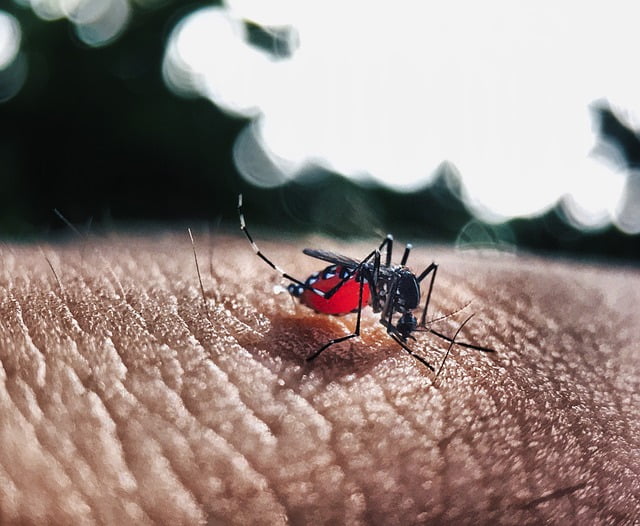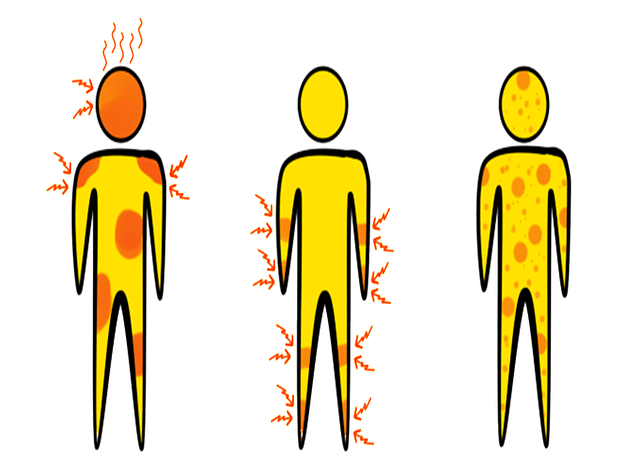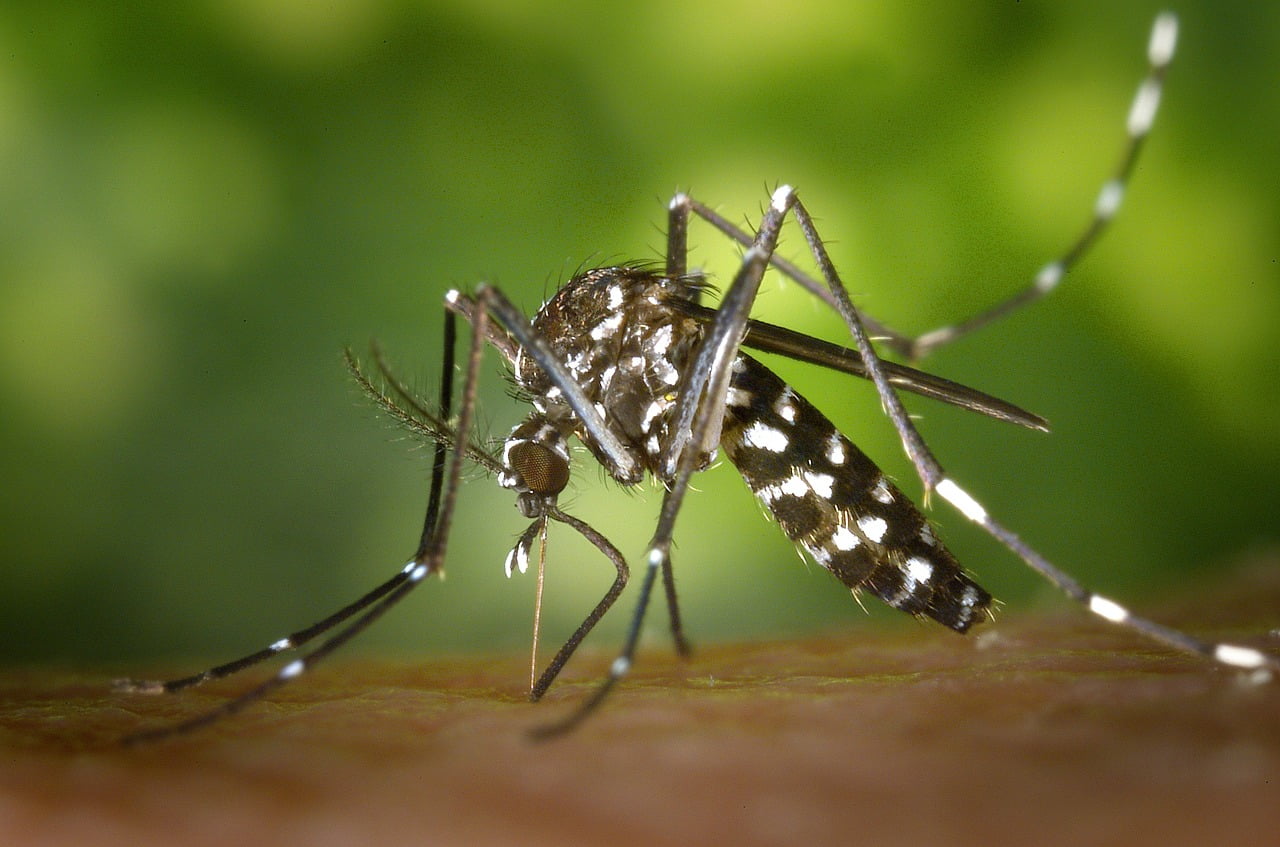During a vacation, it’s best enjoyed without any obstacles. In this particular case, I mean dengue fever. Having this could ruin your vacation and any immediate plans you have. Another name people have given this is “bonebreak fever”. It’s a descriptive name of how people have felt.
Lately, I have been seeing the dengue mosquitos (tiger mosquitos) feasting on me. With a slight panic I hit and miss the mosquitos, and I notice a mosquito bite. More panic! I have been bitten by a tiger mosquito. Now what?
What is Dengue fever?
Dengue fever is a disease in tropical countries spread through mosquitos. After being infected with the virus it takes 3-14 days for the symptoms to manifest.
How do you get it?

The virus is spread by a carrier known as the tiger mosquito, also known as Aedes mosquito (aedes aegypti and Aedes albopictus species). When the mosquito bites a person with dengue, this mosquito becomes infected and a carrier of the virus. When that mosquito bites another person, the virus is transmitted to that person.
What are the Symptoms when you have dengue?

After being infected, these are the symptoms
- High fever
- Muscle and joint pain
- Headaches, pain behind the eyes
- Fatigue
- Nausea, Vomiting
- Skin rash
- bleeding from nose, gums
- Easy bruising
Because of the high fever, headaches, fatigue the initial symptoms might look like coronavirus. Fatigue and tiredness are basically the same, and a significant temperature rise might also cause you to worry.
The difference between coronavirus and dengue is most in the cough. If you are coughing a lot (a dry cough) and breathing becomes much harder, you are having some of the symptoms. Call your doctor immediately and do not come in to contact with the people around you.
Other similar symptoms are: Skin rash, headache. (Source: World Health Organization). Take care and prevent COVID-19 and Dengue as well!
Where can you get it?
more than 2.5 billion people, 40% of the world population, actually live in countries where you can get Dengue. So going on vacation to a tropical country is most likely a place where you can get Dengue. Nowadays it is in South(east)Asia, Oceania, Eastern Mediterranean, Africa, South America, and The Caribbean. (source: Wikipedia Dengue fever)
How to prevent Dengue?
Mostly this can be done by not being bitten by mosquitos. Here is a list of how to prevent being bitten by the dengue mosquitos:
- Use insect repellant, products with DEET will be sufficient
- spray your clothes with pyrethrin (this is a pesticide which is one of the least harmful to humans)
- Sleep using a klambu/kelambu (mosquito net)
- Use fans to create an airflow so mosquitos can’t get to you
I have been bitten multiple occasions by a mosquito with white spots. The reason I was not showing any of the symptoms of dengue was because of my current health. Be fit, get your daily vitamins and you will have a lot of less chance to get infected when bitten.
What to do when you have Dengue?
Go to the doctor or hospital. There is no medicine, but they can help manage the symptoms. It will take a while but do not combat this disease alone.
Tip: There are sometimes outbreaks in tropical destinations! before traveling, make sure to be prepared!
More questions Dengue Fever
Can people catch dengue from others?
No, dengue isn’t contagious between humans. It’s transmitted only by bites from infected mosquitoes.
Can someone contract dengue multiple times?
Absolutely. There are four dengue virus types. An infection grants immunity only to that specific type, leaving the risk for the other three.
Are there severe complications linked to dengue?
Yes, sometimes dengue can progress to “severe dengue”, once termed dengue hemorrhagic fever. It’s critical and needs immediate treatment.
How do doctors confirm a dengue diagnosis?
Dengue is identified using blood tests. If dengue is suspected, seeking prompt medical care is crucial.
Are some people more at risk of severe dengue?
Some people with weaker immune systems, or already experienced dengue infections before, or young children have higher risks of developing severe dengue.
Do all mosquitoes carry the dengue virus?
No, only Aedes mosquitoes, especially Aedes aegypti and Aedes albopictus, are dengue carriers.
Is it risky to travel to areas with dengue?
Travel is generally safe if precautions are taken. Always be informed on local health alerts and use repellents in dengue-prone regions.
Hi I am Dwi. I am a blogger, travel agent and a mom of a lovely daughter and wife to a supportive husband. I customize and plan tours in Bali and islands nearby for a living and have been doing this for more than 14 years. Get in touch via contact [at] taletravels.com

Can it spread through food?